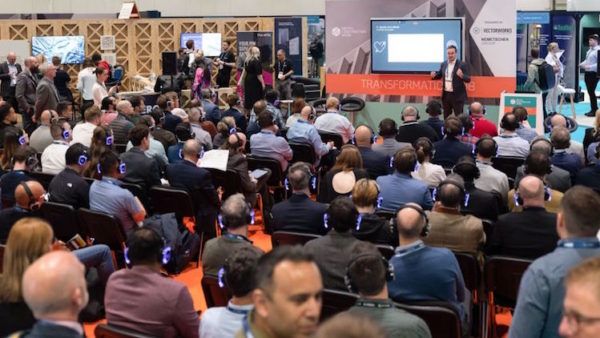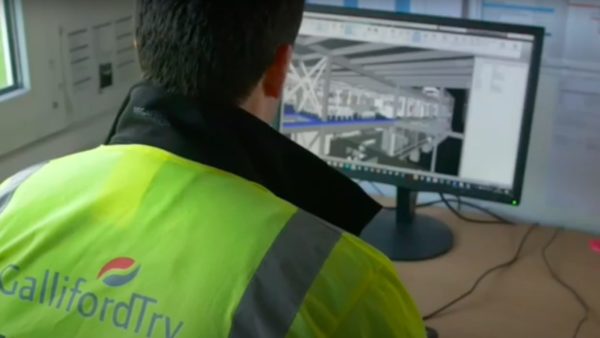Steve Martin, head of technical at the Electrical Contractors’ Association, says ignoring cyber crime puts progress towards smart buildings at risk.
Cyber security is now a real and serious threat to businesses in the UK, with an estimated cost to firms of around £34bn each year.
This is a huge figure, and one made more significant by a further revelation in a survey from internet service provider Beaming that managing malware and data theft incidents both now have a greater financial impact on businesses than burglary.
Of course, the damage done by cyber criminals is not just financial. Firms that are victims of a cyber attack can suffer reputational damage, see staff morale slide, and lose both current and prospective clients as their ability to prevent future attacks gets called into question.
With this in mind, it was concerning to learn that 39% of respondents to a recent ECA and SELECT client survey said they didn’t take any steps to protect smart installations in their buildings from cyber threats. More worryingly, just under half (49%) of those who responded to the survey said the risk of hacking and its impact on unsecured networks was a potential barrier to installing connected technology.
These challenges need to be overcome if we’re to prevent commercial clients from missing out on the benefits of working in, managing or owning a smart building, and to make sure they are not letting their connected devices become their building’s weak point.
What can we as an industry do to help them overcome these concerns? Well, within commercial buildings, security installers need to collaborate with their client’s own network managers, who typically oversee network protection against cyber threats. This will demonstrate they can help put the necessary processes in place to secure any new security installations or help isolate the network so the security systems can’t be compromised.
Given a connected building can potentially provide numerous gateways for cyber criminals, conversations with the people who lead on cyber security can be useful in helping them understand which elements of the network need to be protected.
Read related articles
Cybercrime: are we getting too smart for our own good?
Can we collaborate on cyber security?
Free calculator helps SMEs calculate cyber risks
In contrast, the domestic market may require a more hands-on approach.
A number of technologically advanced smart homes are less than clever when it comes to cyber security, which creates an opportunity for security installers to advise their owners on how to become connected without becoming vulnerable to crime.
An opportunity also exists for installers to offer regular maintenance support and keep the client aware of what’s being introduced and developed as the technology evolves and upgrades are released.
This is not exclusive to the domestic market, as commercial clients will also be receptive to ongoing support and advice about the latest updates in this area, and may be willing to explore the possibilities of an ongoing maintenance contract to facilitate this.
But installers offering this advice need to be fully aware of cyber security issues and the potential solutions. Cyber security support through simple management processes is not a huge leap from the work this industry is familiar with, but taking the time to understand it now will be beneficial in the future.
The ECA is working to develop a means of helping installers and clients make the most of the opportunities, to complement the work we already undertake to help businesses working in established areas of the security industry.

Given a connected building can potentially provide numerous gateways for cyber criminals, conversations with the people who lead on cyber security can be useful in helping them understand which elements of the network need to be protected.– Steve Martin, ECA















